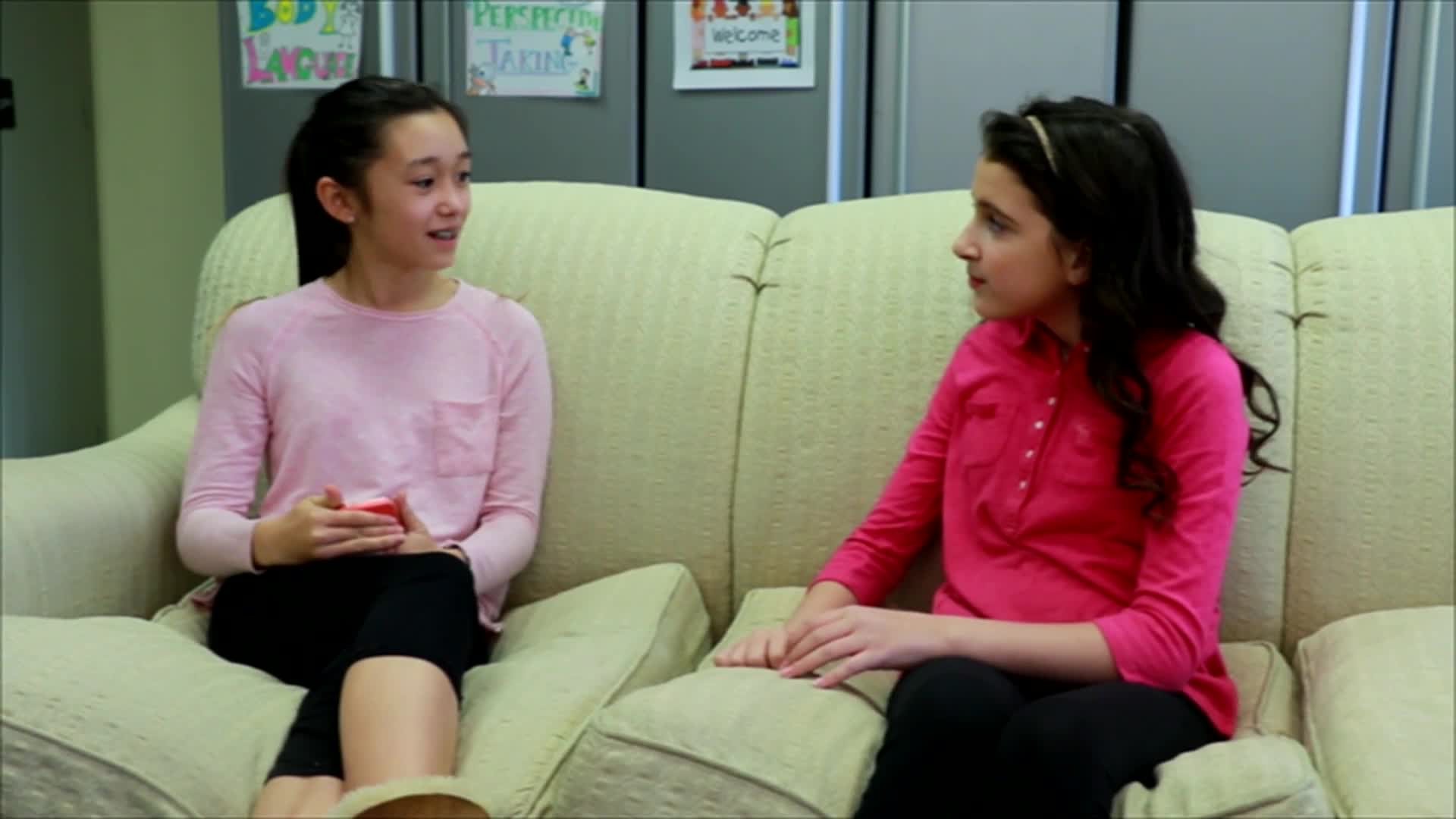
Introduction
Social-Emotional Learning (SEL) is a crucial aspect of a child’s development, and one of the essential skills in this domain is the ability to engage in effective conversations. This blog post focuses on teaching conversation skills to elementary students using a simple activity that requires no preparation or materials. Additionally, we’ll provide discussion questions, related skills, and next steps to help educators further support their students in developing strong conversation abilities.
No-Prep Activity
This activity is designed to help students practice starting conversations and taking turns to keep the conversation going. It can be easily adapted for different age groups and contexts.
- Divide the students into pairs. If you have an odd number of students, you can join a group as a participant.
- Ask the students to choose a topic they would like to talk about. This could be something related to school, a recent event, or a shared interest.
- Explain that one student will start the conversation by greeting their partner and asking a question or making a comment about the chosen topic.
- The other student will respond to the question or comment and then ask a question or make a comment of their own to keep the conversation going.
- Students should continue taking turns, with the goal of maintaining the conversation for a set amount of time (e.g., 3-5 minutes).
- After the time is up, ask the students to switch partners and repeat the activity with a new topic.
This activity not only helps students practice initiating conversations but also encourages active listening and the development of empathy by understanding their partner’s perspective.
Discussion Questions
After completing the activity, use these questions to facilitate a group discussion and encourage students to reflect on their experiences:
- What strategies did you use to start a conversation with your partner?
- How did it feel to take turns asking questions and making comments to keep the conversation going?
- What challenges did you face during the activity, and how did you overcome them?
- How can active listening help you better understand your conversation partner?
- Why is it important to develop good conversation skills?
Related Skills
In addition to conversation skills, there are several other related skills that students can benefit from developing as part of their Social-Emotional Learning journey:
- Active Listening: This skill involves paying close attention to what the conversation partner is saying, asking clarifying questions, and providing appropriate feedback.
- Empathy: Understanding and sharing the feelings of others, which helps build stronger connections and fosters a sense of belonging.
- Nonverbal Communication: Interpreting and using body language, facial expressions, and gestures to convey and understand messages.
- Conflict Resolution: Identifying and addressing disagreements or misunderstandings in a respectful and constructive manner.
Next Steps
To continue supporting your students’ development of conversation skills and other essential Social-Emotional Learning abilities, consider signing up for free samples of skill-building materials and activities. Visit Everyday Speech to access a wide range of resources designed to help students improve their communication, relationships, and emotional well-being.

